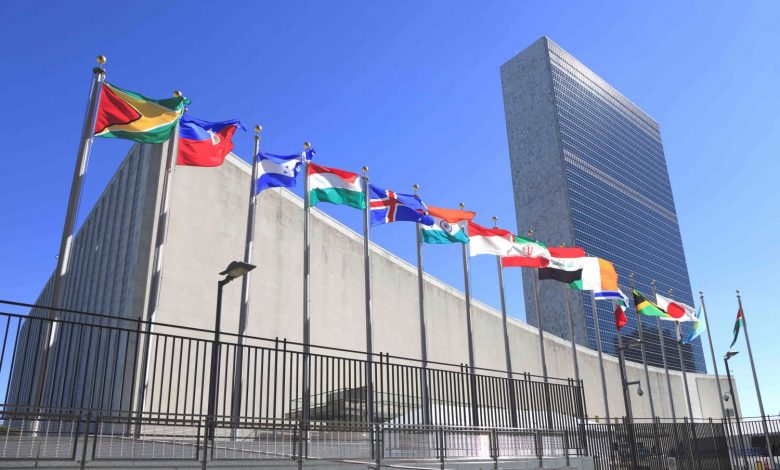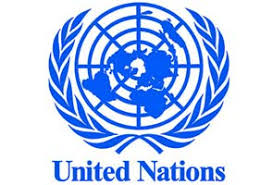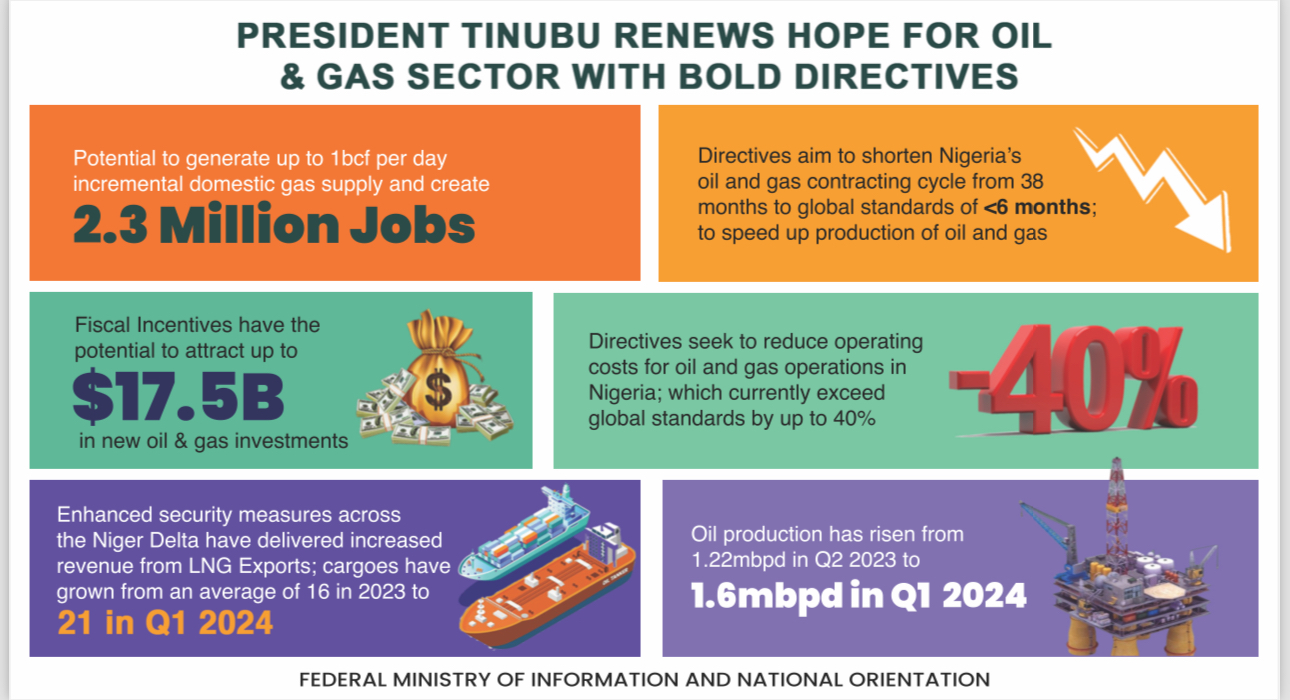
Solidarity needed to stop COVID increasing illicit drug threats to poor and vulnerable
By Ghada Waly
More people are using drugs, and more illicit drugs are available than ever. The COVID-19 crisis has exposed our fragility, with health systems strained and social safety nets stretched to the limit. The economic downturn caused by the global pandemic may drive more people to substance abuse or leave them vulnerable to involvement in drug trafficking and related crime.
We have been here before. In the global recession that followed the 2008 financial crisis, drug users sought out cheaper synthetic substances and patterns of use shifted towards injecting drugs, while governments reduced budgets to deal with drug-related problems.
Vulnerable and marginalized groups, youth, women and the poor have been harmed the most. Now facing the gravest socio-economic crisis in generations, governments cannot afford to ignore the dangers illicit drugs pose to public health and safety.
All over the world, the risks and consequences of drug use are worsened by poverty, limited opportunities for education and jobs, stigma and social exclusion, which in turn helps to deepen inequalities, moving us further away from achieving the Sustainable Development Goals (SDGs).
While more people use drugs in developed countries than in developing countries and wealthier segments of society have a higher prevalence of drug use, people who are socially and economically disadvantaged are more likely to develop drug use disorders.

Only one out of eight people who need drug-related treatment receive it, according to the World Drug Report 2020 from the United Nations Office on Drugs and Crime. Some 35.6 million people suffer from drug use disorders globally.
One out of three drug users is a woman but women represent only one out of five people in treatment. People in prison settings, minorities, immigrants and displaced people also face barriers to treatment due to discrimination and stigma.
Around 269 million people used drugs in 2018, up 30 per cent from 2009, with adolescents and young adults accounting for the largest share of users. While the increase reflects population growth and other factors, the data nevertheless indicate that illicit drugs are more diverse, more potent and more available.
At the same time, more than 80% of the world’s population, mostly living in low- and middle-income countries, are deprived of access to controlled drugs for pain relief and other essential medical uses.
Governments have repeatedly pledged to work together to address the challenges posed by the world drug problem, in the SDGs, and most recently in the 2019 Ministerial Declaration adopted by the Commission on Narcotic Drugs. But data indicate that support has actually fallen over time, imperilling government commitment as well as regional and global coordination.

Development assistance dedicated to drug control fell by some 90% between 2000-2017. Funding to address drugs may be provided under other budget lines, but there is little evidence of international donor attention to this priority. Assistance for alternative development – creating viable, licit forms of income to enablepoor farmers to stop growing illicit opium poppy or coca – also remains very low.
Balanced, comprehensive and effective responses to drugs depend onshared responsibility. I urge governments to live up to their commitments and provide support.
Leaving no one behind requires greater investment in evidence-based prevention, as well as treatment and other services for drug use disorders, HIV, hepatitis C and other infections.
We need international cooperation to increase access to controlled drugs for medical purposes, while preventing diversion and abuse, and to strengthen law enforcement action to dismantle the transnational organized crime networks.
Expanding knowledge about the impacts of drugs on women and men, young and old, and different social groups can improve care. Use of alternatives to conviction and punishment for appropriate cases, in line with the international drug control conventions, can improve the chances for successful rehabilitation and reintegration.
Health-centred, rights-based and gender-responsive approaches to drug use and related diseases deliver better public health outcomes. We need to do more to share this learning and support implementation, most of all in developing countries, including by strengthening cooperation with civil society and youth organizations. We need to know more and care more.
As we seek to overcome and recover from the COVID-19 crisis, our societies cannot risk compounding illicit drug threats through inattention and neglect. We need drug strategies addressing the country level, as well as regional and interregional challenges. Governments need to mobilize financial resources, and more importantly, societal and institutional support – not one sector or one ministry but all efforts concerted and consolidated to achieve impact.
We need all countries to show greater solidarity, to address and build resilience to drug problems so the world can build back better from the pandemic.
Ghada Waly is the Executive Director of the United Nations Office on Drugs and Crime






